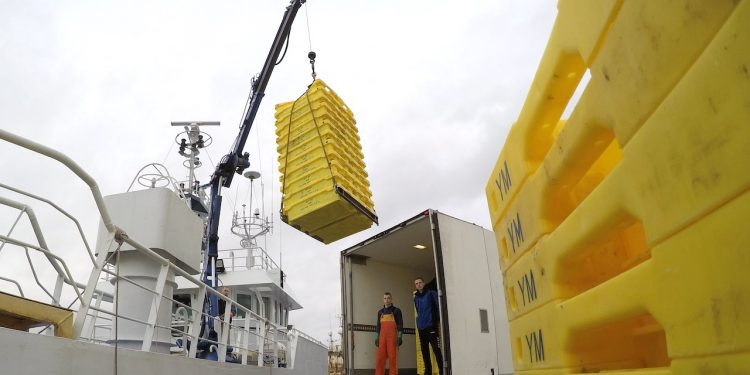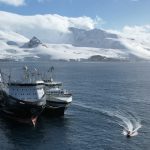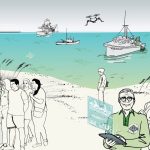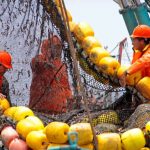The annual December council of ministers, at which the ministers of fisheries of European coastal nations come together in Brussels to thrash out who gets (or doesn’t get) what has come to an end for another year
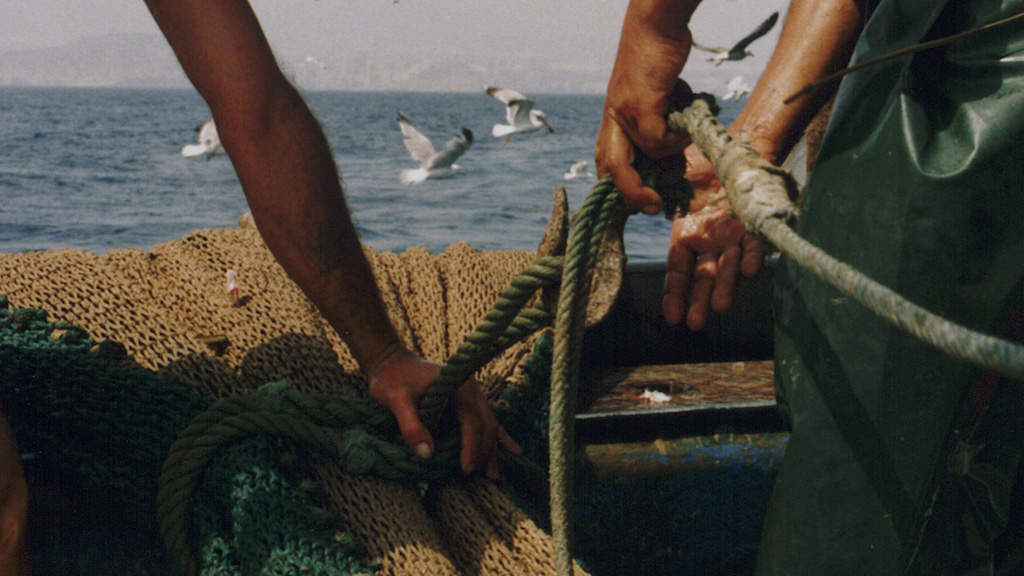
For the North-East Atlantic and 13 stocks managed solely by the EU, this means increases in TACs for megrim (+23%) and anglerfish (+17%) in Iberian waters, for langoustine in the Cantabrian Sea (+109%), for sole in the Bay of Biscay (+2%) and for plaice in Kattegat (+19%). Alongside this are TAC reductions for langoustine in the Bay of Biscay (-25%) and horse mackerel in Atlantic Iberian waters (-66%).
Of the NE Atlantic pelagic fisheries, the big one is blue whiting, with a TAC set at 1,447,054 tonnes, a 5.4% reduction, followed by a 22% reduction in mackerel to 576,958 tonnes. The northern albacore TAC is unchanged at 47,251 tonnes, while the TAC for boarfish jumps 40% to 38,295 tonnes.
This year’s outcomes have been significantly facilitated by the fact that fishing opportunities for 2025 had already been secured before the Council on the vast majority of TACs in the Northeast Atlantic with non-EU countries. The EU reached three relevant agreements ahead of the Council with Norway and the UK on a bilateral basis, and between the three parties jointly, as well as with other coastal States.
For the Mediterranean, ministers opted to continue reductions in trawl fishing effort – despite energetic lobbying by France, Spain and Italy to freeze fishing effort at its current levels.
According to the Commission, there remains a need to reduce fishing effort by trawlers to address fishing mortality. At the same time, the agreement expands the compensation mechanism, already included in the Commission proposal.
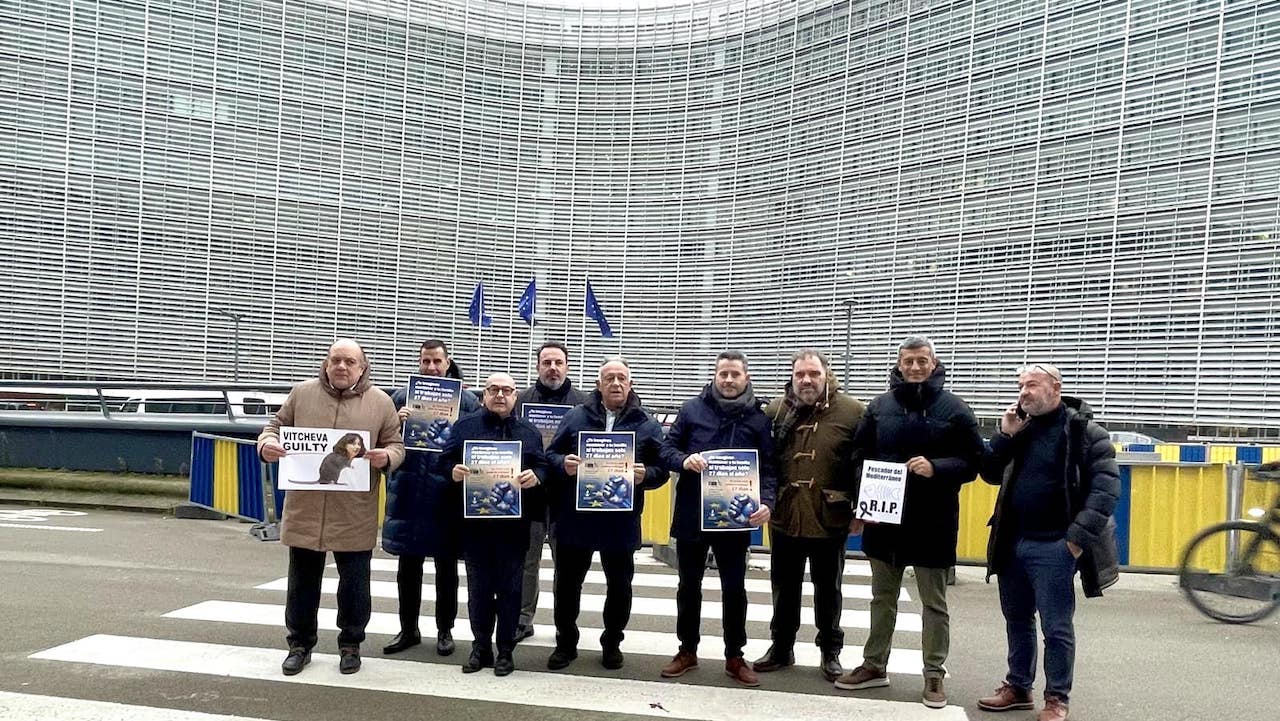
The expanded compensation mechanism is designed to accelerate fish stock recovery, while ensuring that the sector can benefit from fishing days if they put in place the necessary conservation measures. European funding is also available to accompany the sector’s investments and transition to more sustainable fisheries. The agreement includes twelve sustainability measures that will provide considerable extra fishing days if applied.
‘For the Commission and me personally, it was important to reach an agreement that is both balanced and responsible – preserving fishers’ livelihoods in the long term and improving the chances for stock recovery,’ said new Commissioner for Fisheries and Oceans Costas Kadis following the first December council he has presided over.
‘I would like to sincerely thank fishers for their remarkable efforts over the last years. Now, with the compensation mechanism, fishers in the Western Mediterranean can benefit from a substantial increase in fishing days if they commit to selectivity, closure areas and innovative fishing gears.’

